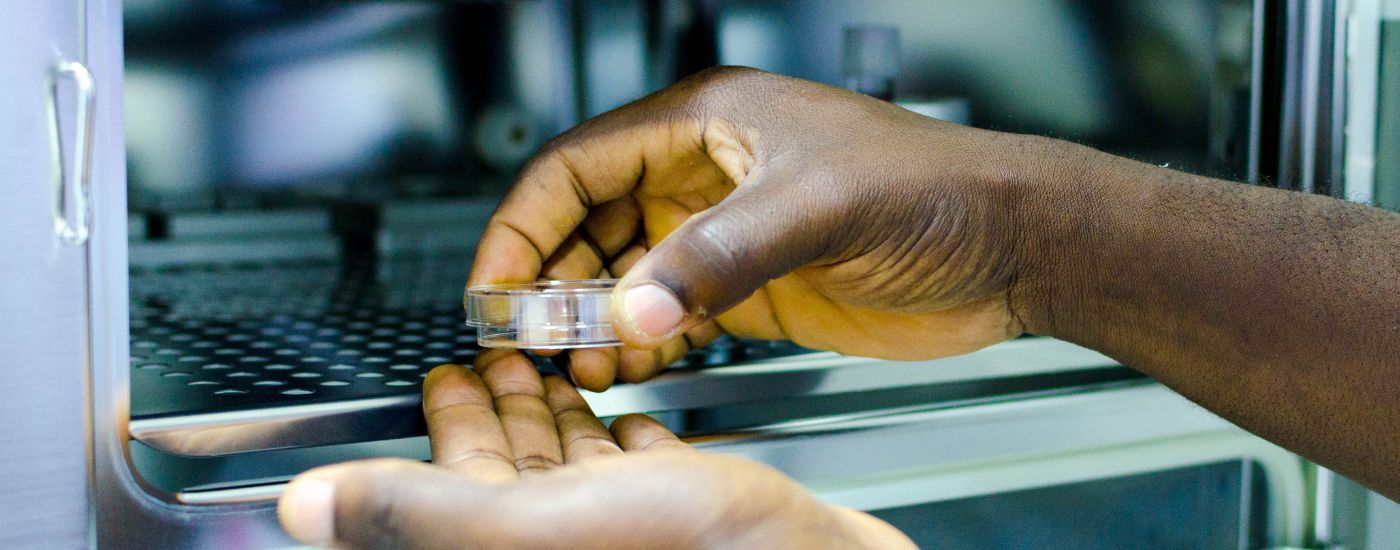What is IUI?

Who needs IUI?
IUI is a less invasive and more affordable option compared to IVF, and can be highly effective for many individuals and couples.
Ovulation Disorders
Women who ovulate infrequently or irregularly due to conditions like PCOS
Cervical Factor Infertility
When the cervix produces hostile mucus that prevents sperm from passing through
Male Factor Infertility
Men with low sperm count, poor sperm motility, or abnormal sperm morphology
Unexplained Infertility
ICSI can be used as a next step for couples with no clear cause of infertility
Use of Donor Sperm
IUI is the preferred method for individuals or couples using donor sperm
Timing and Fertility Tracking Issues
When timing intercourse is difficult due to busy schedules or travel
IUI Excellence
We recognise the significance of every journey and aim to support you throughout. Watch the video to discover how we make your experience with us as positive and successful as possible.
The IUI Process
IUI is a complex and highly effective fertility treatment that involves several key steps. Here's a high-level look at how the process works.
Ovulation Monitoring
Blood tests and ultrasound scans help track ovulation and ensure the timing is right for the insemination to increase the chances of success.
Sperm Preparation
A sperm sample is washed and concentrated to remove impurities and select the healthiest, most active sperm for insemination.
Insemination Procedure
Using a thin, flexible catheter, the prepared sperm is inserted directly into the uterus during ovulation. This is quick and painless.
Post-Procedure Care
You may rest briefly before resuming daily activities. A pregnancy test is done two weeks later to check if the procedure worked.
Why choose us
Advanced Technology
We leverage the latest fertility treatments and technologies to provide the most effective care
Patient-Centred Approach
We prioritise the well-being of our patients and spend time understanding your unique needs
Compassionate Support
You receive the highest quality care and emotional support throughout your fertility journey
Proven Success Rates
Our clinic boasts high success rates, giving you confidence that you are in good hands
Frequent questions
Is the IUI procedure painful?
Most patients report that IUI feels similar to a Pap smear—mild discomfort at most. The procedure is quick, usually taking just a few minutes, and typically doesn’t require anesthesia.
How successful is IUI?
Success rates vary depending on age, underlying fertility issues, and whether fertility medications are used. On average, IUI has a success rate of 10–20% per cycle, with higher rates for younger women and when used with ovulation stimulation.
How many IUI cycles should I try before IVF?
We usually recommend up to 3–6 cycles of IUI before considering IVF, depending on your age, diagnosis, and response to treatment.
Do I need to take fertility drugs with IUI?
Not always. IUI can be done during a natural cycle or with medications like Clomid or Letrozole to stimulate ovulation and increase the chances of success.
Are there risks or side effects with IUI?
IUI is generally safe with minimal risks. Potential side effects may include mild cramping, spotting, or, in medicated cycles, an increased risk of multiple pregnancies.
How long does the IUI process take from start to finish?
An IUI cycle typically lasts 2–3 weeks, including monitoring of ovulation, sperm preparation, and the insemination procedure itself. A pregnancy test is usually taken about two weeks after the IUI.
Are there any risks associated with IUI?
As with all fertility treatments, there are some risks, including potential for failed fertilization, embryo development issues, or rare genetic concerns. Your doctor will discuss all risks and perform genetic screenings if necessary.
What should I do after the IUI procedure?
After the procedure, you can resume most normal activities, but it's advised to rest for a short period immediately afterward. Strenuous exercise and heavy lifting should be avoided for a day or two. Your clinic will schedule a follow-up or instruct you on when to take a pregnancy test, typically around 14 days post-insemination.
Our other treatments
Learn more about our other fertility treatments and fertility services




